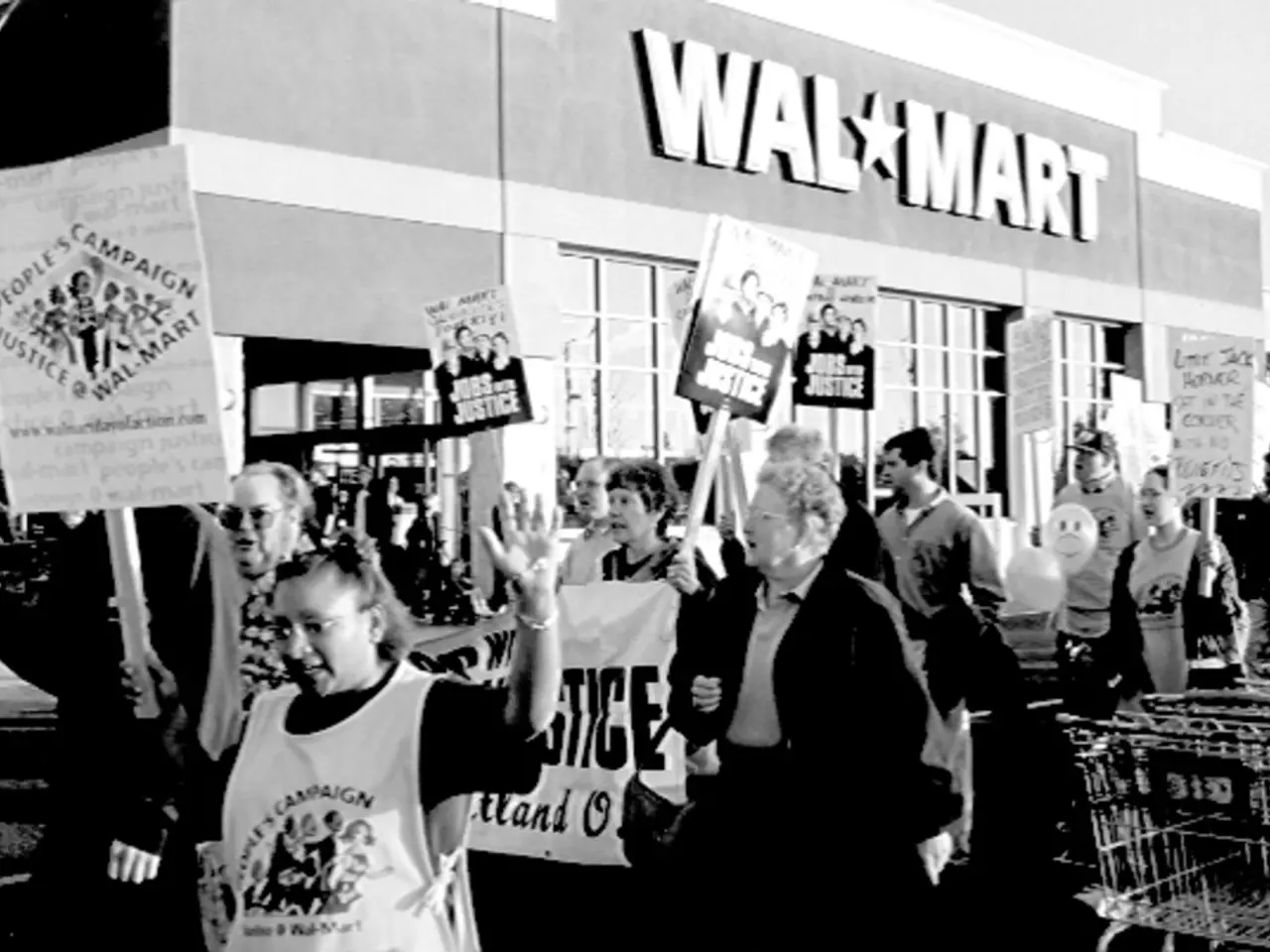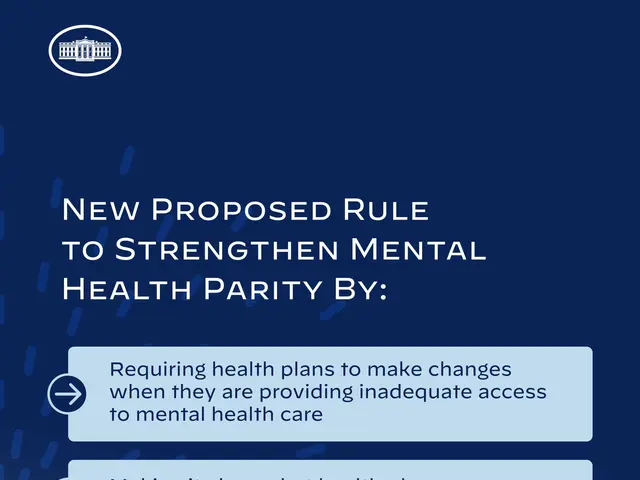Muslims continue to avoid public spaces like parks and shops a year after the riots, recounting their feelings of unease and fear.
A Year On: The Ongoing Impact of the 2024 Rotherham Riots on the Muslim Community
In the summer of 2024, the town of Rotherham in South Yorkshire was rocked by violent riots targeting a Holiday Inn housing asylum seekers. A year later, the Muslim community in the area continues to grapple with the long-term effects of these disturbing events.
Many Muslims in Rotherham are still avoiding parks, shops, and public spaces due to lingering fears of harassment and racism. Kurdish mother Hero Omer, who has lived in Rotherham for seven years, has stopped taking her children to the park and avoids local shops after experiencing direct verbal abuse following the riots.
However, there is some appreciation for the support from neighbours, who have checked in on Muslim families and encouraged them to stay. This reflects a partial rebound in community relations since the violence. Mona Fadul, a Sudanese woman who arrived in Rotherham in 2022, initially considered leaving the UK after the riots but is now happy to remain due to good neighbours and community support.
Yet, many feel that the government funds allocated for recovery have not adequately reached or benefited the Muslim community, leaving some skepticism about official efforts to heal divisions. Community leaders express frustration that local and national leadership has not done enough institutionally to promote reconciliation or address the root causes of the riots. Much of the onus to rebuild trust has fallen on local Muslim organizations themselves rather than broader state support.
Psychological impacts remain, such as reduced confidence and social withdrawal, especially among vulnerable members like older women wearing hijabs. The unrest was partly fueled by disinformation spread on social media, and this disinformation continues to target UK Muslims online.
Abrar Javid, a local resident and project manager, believes that the long shadow of the 2014 Jay report on the Rotherham grooming scandal has set back community healing. Javid argues that no real effort has been made to reach out to the predominantly white communities affected by the riots.
Despite these challenges, there are signs of hope for improved relations and reconciliation at the grassroots level. Mahasen Hussin, a Sudanese mother, describes increased efforts to build community resilience, such as grassroots community events and neighbourly gestures.
However, some individuals are thinking about leaving the UK after the riots. Wafa, a Sudanese woman living in Rotherham for five years, spent a month at home out of fear after the riots and feels not welcome in every area due to the violence. More than 1,000 people were arrested, and at least 170 were jailed due to the riots.
The school hosting the Ramadan iftar is a gesture that left a lasting impact on some members of the Muslim community. It included non-Muslim staff and families, and this act of unity reflects the hope for a brighter future where communities can come together in peace and understanding.
Science has an important role in addressing the mental health issues arising from the 2024 Rotherham Riots, particularly amongst the Muslim community, as research can help tailor health-and-wellness interventions to support resilience. Additionally, promoting mental health awareness and resources related to the impacts of racism and trauma can be crucial for offering emotional support and coping strategies to those affected.




